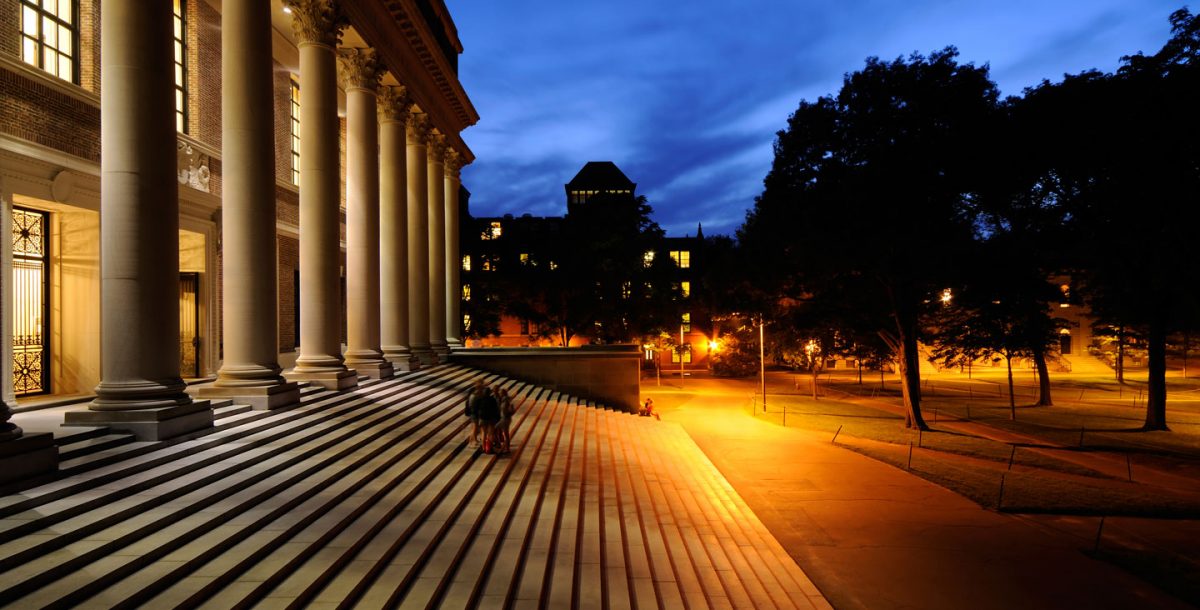When I wrote my last blog entry in early 2020 reflecting on 10 years of Bonas Macfarlane Art ‘Covid 19’ was a rough sketch, an ill-defined rumour, rather than a way of life. Over the past 18 months the education system has been shaken to its core, with schools and universities, students and staff alike facing unheralded challenges.
Blended learning, hours of online classes, cancelled or rescheduled exams, huge delays to application outcomes, and less university places being available due to Covid related deferrals have lead to widespread stress, confusion and uncertainty amongst students and their parents. When I wrote of our service being “a process that constantly keeps us on our toes” I had no idea of the scale of the storm that lay ahead. We have proven to be well-prepared for the ongoing challenges of ‘the new normal’ and I am proud to say that the Bonas Macfarlane Art team has helped many of our clients not only weather the storm, but to excel in their studies and gain outstanding results.
In the 2021 application window, 12 of our current clients made applications to foundation and / or degree courses, with a total of 62 individual course applications being made. These included prestigious institutions in the UK, the US and Europe. All 12 of these clients achieved good offers, the majority for their first choice course.
These offers include:
Cambridge University, UCL, St Andrews and The Courthauld for BA History of Art
The Architectural Association (AA) London for their foundation course
Central Saint Martins (CSM / UAL) for BA Graphic Communication Design
CalArts and the Pratt Institute, in the US for BA Photography
Central Saint Martins for BA Fashion Print
London College of Fashion (LCF) for BA Fashion Womenswear
Parsons for BA Fashion
IFM in Paris for BA Fashion
Central Saint Martins for their foundation diploma (diagnostic and specialist modes)
Kingston University for their foundation course
School of Visual Arts (SVA) in the US for BA Fine Art
Recent feedback we have received includes:
“Once again, thank you so much for your support Darren. I can’t believe we only started this process less than a year ago, concerned that X just wasn’t getting the support and guidance from his college. Your method has been clear and rigorous from the outset. Of course X has stepped up to the mark, of which we are immensely proud, but your calm and robust stewardship got him through, not just to this offer but to offers from all four of his applications – remarkable.”
“We have some good news to share with you. X graduated UAL with a 1st Class Honours degree award. From the beginning, you have contributed a lot to X’s success. We wanted to thank you for all your support you gave to X. We are very proud of her.”
“I want to let you know how much we appreciate your help, guidance and mentorship with both girls. We were very lucky to meet you at such an important time in their educational progression.”
“I know X is messaging you directly but just to let you know that he’s loving every minute of these sessions, I’ve rarely seen him as driven and enthusiastic. He raved about his session yesterday. He’s had the most amazing day, buying materials, cutting patterns, building samples. Was quite emotional in the car on way home, feels he’s finally progressing.“
“The course leader interviewed me. She gave me an offer on the spot! She said they will email me as soon as possible. She said this was the best work she ever interviewed and she said I’d be very successful in my future career. She said I was confident with my work and how I spoke of it. She thanked me personally for choosing them and would love if I joined their uni.”
It remains to be seen how permanent the changes to education brought about by the pandemic will be. There have been notable developments amongst our clients this year, for example a wider interest in US courses as well as UK based ones. This is a key theme of our upcoming art and design education fair, FORMA, which will launch in October this year during Frieze Art Fair week. Whatever happens we are confident that we can help our clients continue to maintain a calm, steady course, guided by our values of hard work and commitment to one’s studies, and lead by inspiration, research and a process that connects deeply to the students personality, aspirations and abilities. Artists and designers have always loved a good challenge, and I continue to be inspired by the next generation of creatives who will take on whatever the world throws at them.
Words by Darren Marshall, Head of Art and Bonas Macfarlane.











